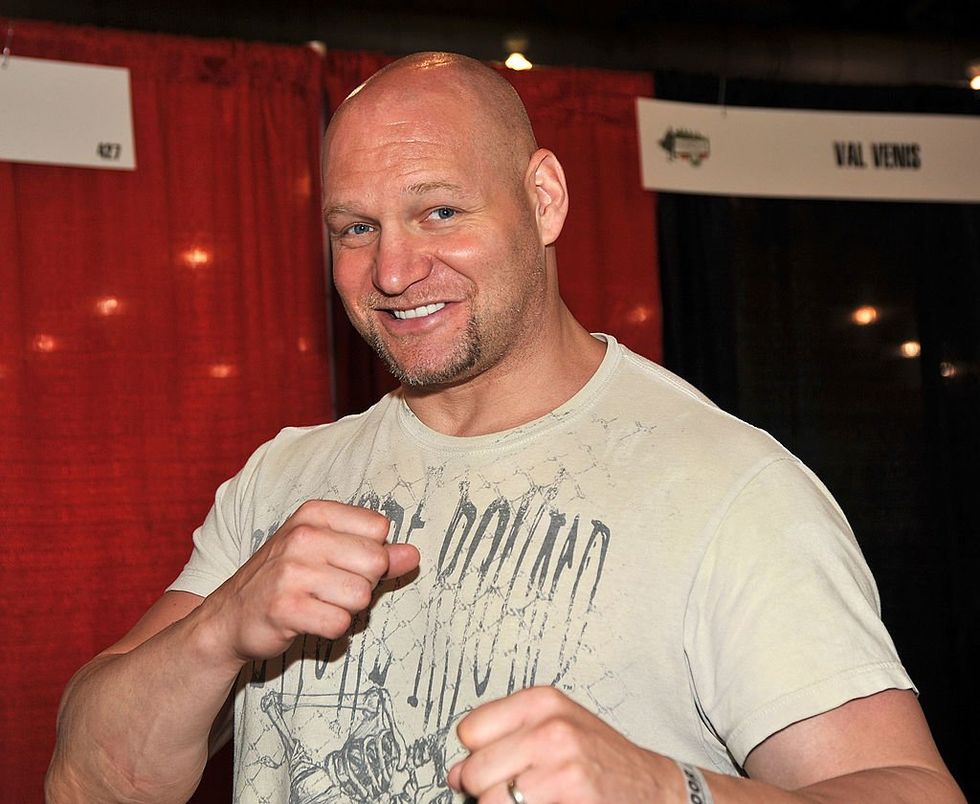‘A baby is like a sunlamp’: Why having babies might cure depression
Feminism has undoubtedly given way to a generation of women who view giving birth as a detriment to their careers and freedom. Dr. Catherine Pakaluk, professor of social research and economic thought, author of “Hannah’s Children: The Women Quietly Defying the Birth Dearth,” and mother of eight children, and Allie Beth Stuckey of “Relatable,” believe those women may be making a mistake, especially regarding their mental health. “Do you think that childlessness is contributing to the explosion of dependance on SSRIs, especially among women? Anxiety, depression, deaths of despair. I mean, it’s women over 40 that really are taking, it seems, the lion’s share of these antidepressant, anti-anxiety medications,” Stuckey asks Pakaluk. “I’m not an expert on the connection between those two things, but it came out of my conversations with so many people that, I think the language a lot of people used, was sort of like ‘a baby is like a sunlamp,’” Pakaluk responds. And the women who don’t have children end up attempting to replace their desire to nurture with less fulfilling alternatives. “They mother through politics, and sort of social justice causes, and to borrow a phrase, kind of toxic empathy,” Pakaluk says. “We are meant to have these incredible empathy muscles. I mean, this is part of being a great mom.” “Misplaced mothering absolutely manifests itself in a lot of women who would probably call themselves liberal women, thinking that they are defending the least of these, or the most vulnerable, because they believe that whatever victim, or proclaimed victim that the media hoists up, needs their defense, needs their nurturing,” Stuckey agrees. Pakaluk notes that these things are not as “naturally fulfilling” to women, “which leads us back to where you started this question of ‘is this fueling our anxiety, our depression.’” “These are really big questions, but I think they’re questions we’re not asking to our peril. They’re also very awkward questions, I would say, for a country that has been committed to abortion rights,” she adds. Want more from Allie Beth Stuckey?To enjoy more of Allie’s upbeat and in-depth coverage of culture, news, and theology from a Christian, conservative perspective, subscribe to BlazeTV — the largest multi-platform network of voices who love America, defend the Constitution, and live the American dream.


Feminism has undoubtedly given way to a generation of women who view giving birth as a detriment to their careers and freedom.
Dr. Catherine Pakaluk, professor of social research and economic thought, author of “Hannah’s Children: The Women Quietly Defying the Birth Dearth,” and mother of eight children, and Allie Beth Stuckey of “Relatable,” believe those women may be making a mistake, especially regarding their mental health.
“Do you think that childlessness is contributing to the explosion of dependance on SSRIs, especially among women? Anxiety, depression, deaths of despair. I mean, it’s women over 40 that really are taking, it seems, the lion’s share of these antidepressant, anti-anxiety medications,” Stuckey asks Pakaluk.
“I’m not an expert on the connection between those two things, but it came out of my conversations with so many people that, I think the language a lot of people used, was sort of like ‘a baby is like a sunlamp,’” Pakaluk responds.
And the women who don’t have children end up attempting to replace their desire to nurture with less fulfilling alternatives.
“They mother through politics, and sort of social justice causes, and to borrow a phrase, kind of toxic empathy,” Pakaluk says. “We are meant to have these incredible empathy muscles. I mean, this is part of being a great mom.”
“Misplaced mothering absolutely manifests itself in a lot of women who would probably call themselves liberal women, thinking that they are defending the least of these, or the most vulnerable, because they believe that whatever victim, or proclaimed victim that the media hoists up, needs their defense, needs their nurturing,” Stuckey agrees.
Pakaluk notes that these things are not as “naturally fulfilling” to women, “which leads us back to where you started this question of ‘is this fueling our anxiety, our depression.’”
“These are really big questions, but I think they’re questions we’re not asking to our peril. They’re also very awkward questions, I would say, for a country that has been committed to abortion rights,” she adds.
Want more from Allie Beth Stuckey?
To enjoy more of Allie’s upbeat and in-depth coverage of culture, news, and theology from a Christian, conservative perspective, subscribe to BlazeTV — the largest multi-platform network of voices who love America, defend the Constitution, and live the American dream.
Originally Published at Daily Wire, World Net Daily, or The Blaze
What's Your Reaction?
































































































